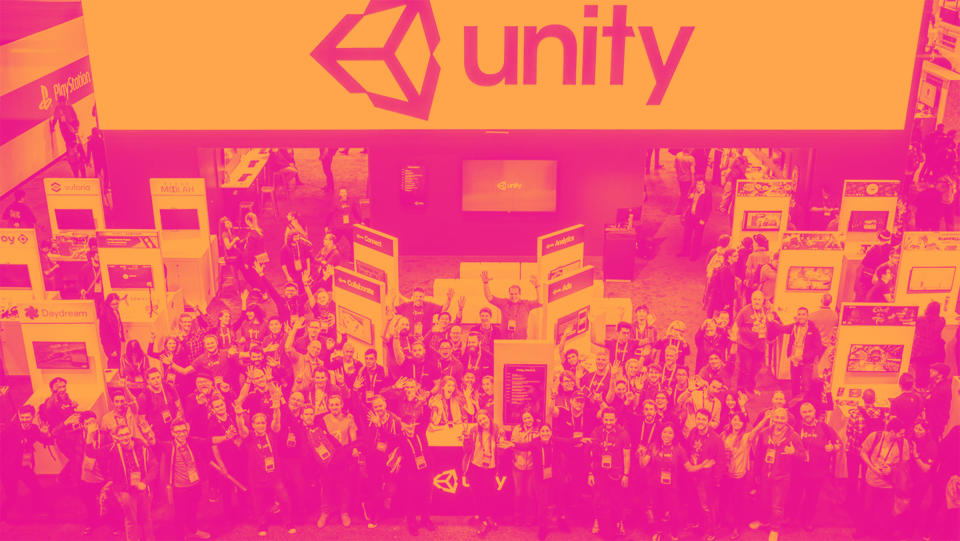Unity (U) Stock Trades Down, Here Is Why

What Happened:
Shares of game engine maker Unity (NYSE:U) fell 6.2% in the morning session as yields soared and major indices fell (Nasdaq down -1.1%, S&P down -1.1%) after the Bureau of Labour Statistics reported that the consumer price index (CPI - the gauge of the price consumers pay for goods and services) for January 2024 showed a 3.1% increase from the previous year (above market expectations for a 2.9% increase), indicating inflation is not yet a solved problem. In addition, the data showed that inflation accelerated 0.3% month on month (vs. expectations for a 0.2% m/m increase). The hotter-than-expected inflation print was driven mainly by shelter prices (+0.6% m/m), which account for nearly a third of the CPI index.
The narrative in the last year has focused on inflation and rates. Markets soared in the second half of 2023 because of data showing that inflation was coming under control. This led to expectations of multiple rate cuts in 2024. Anything going forward that defies this narrative could dent hopes of multiple rate cuts in 2024, which would in turn hurt major indices.
As a reminder, the driver of a stock's value is the sum of its future cash flows discounted back to today. With lower interest rates, investors can apply higher valuations to their stocks. No wonder so many in the investment community are optimistic about 2024. We at StockStory remain cautious, as following the crowd can lead to adverse outcomes. During times like this, it's best to own high-quality, cash-flowing companies that can weather the ups and downs of the market.
The stock market overreacts to news, and big price drops can present good opportunities to buy high-quality stocks. Is now the time to buy Unity? Access our full analysis report here, it's free.
What is the market telling us:
Unity's shares are very volatile and over the last year have had 46 moves greater than 5%. In context of that, today's move is indicating the market considers this news meaningful but not something that would fundamentally change its perception of the business.
The previous big move we wrote about was 27 days ago, when the company dropped 5.2% after broader market downturn as the Dow fell for the third straight day amidst surging yields. The decline was influenced by stronger-than-expected December 2023 retail sales, up 0.6% from November 2023 (versus expectations for 0.4% growth), potentially challenging expectations of aggressive Federal Reserve rate cuts in 2024. This marked a shift from the more optimistic market sentiment at the end of 2023, as more market data revealed inflation is cooling. However market pullbacks indicated increased uncertainty in 2024, suggesting caution as stocks might be overbought.
Unity is down 15% since the beginning of the year, and at $33.01 per share it is trading 31.9% below its 52-week high of $48.50 from July 2023. Investors who bought $1,000 worth of Unity's shares at the IPO in September 2020 would now be looking at an investment worth $482.37.
When a company has more cash than it knows what to do with, buying back its own shares can make a lot of sense–as long as the price is right. Luckily, we’ve found one, a low-priced stock that is gushing free cash flow AND buying back shares. Click here to claim your Special Free Report on a fallen angel growth story that is already recovering from a setback.
